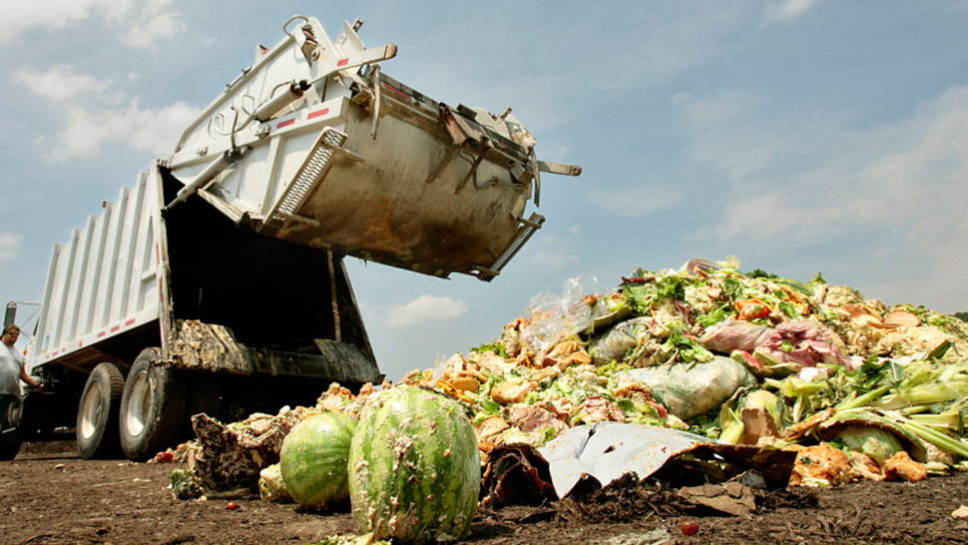Between 30 and 40 percent of the food in the United States doesn’t end up in stomachs, but landfills.
We were all probably shocked the first time we have heard of this statistic. We can be even more horrified by knowing that, within the same country, millions of people are facing hunger. The food waste problem is today real, crucial and controversial, not only because a lot of efforts and energy have been put in to produce the goods, but also because the management of these wastes has a cost. In total, an estimation of $165 billion worth of food are wasted every year by Americans. Should it be this way? Here are a few practical tips to reduce一or eradicate一food waste:
- Be reasonable when serving yourself. We all know our stomachs’ capacity. Before filling up your plate, ask yourself how much you will eat indeed.
- Store according to expiration dates. Entire packages are sometimes thrown away because their contents spoiled even before we open them. Storing products with the soonest expiration dates in front rows of the pantry or fridge can help avoiding this situation.
- Use food saving and donation apps. A lot of apps are today available to help you in this challenge. Some students at the University of Rochester recently developed one called Pip to mitigate food waste.
- Be mindful of leftovers. There’s often no difference between a trashed food and leftovers since they are not eaten later. You can make the difference by being mindful of your leftovers and really consume them.
The benefits of reducing food waste are countless, both on personal and global level. Challenge yourself now to stop wasting food and encourage other people to follow you.
Written by Kelly Jean, Class of 2021
Image Source: Buzzworthy

